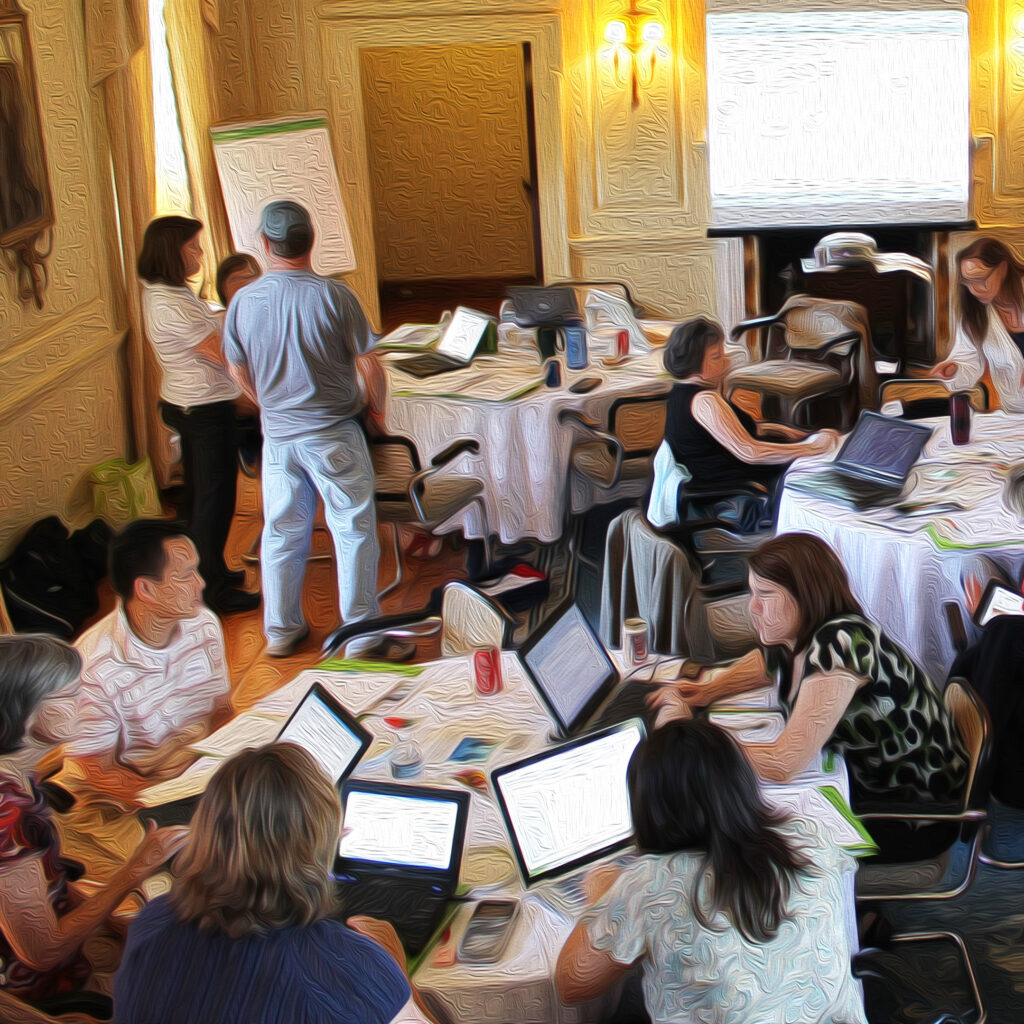
Conference Series Information and Application
This National Science Foundation-funded project (Award #2413236), hosted by the Lawrence Hall of Science’s Center for K–12 Science at the University of California, Berkeley. The project aims to explore how localization can be used as a strategy to advance equitable learning outcomes across diverse K-12 educational contexts when implementing high-quality instructional materials (HQIMs) that are designed for comprehensive, year-long implementation of state science standards. By bringing together educators, district and state leaders, researchers, and instructional materials designers, the project will examine how localization can enhance the relevance and impact of HQIMs for varied community needs. The primary goals of this initiative include clarifying definitions related to localization and HQIMs, sharing effective models of implementation, and identifying key research priorities in this field.
The project will kick off with a two-day in-person conference on February 6-7, 2025, at the Lawrence Hall of Science at the University of California, Berkeley. Following this initial gathering, a series of virtual meetings will be held to deepen discussions and sustain collaboration among participants, expanding the reach to include a larger group beyond the in-person attendees. These sessions will ensure ongoing progress towards the project’s objectives while amplifying the reach of the initiative.
Key Areas of Focus
Defining Localization in HQIMs
Participants will begin by clarifying the essential concepts of localization within the context of High-Quality Instructional Materials (HQIMs). They will explore what localization means for HQIMs and how it promotes equitable learning. Discussions will address how existing localization strategies meet the diverse needs of various community contexts and identify instances when localizing instructional materials is most beneficial, as well as when it might be less effective. Additionally, participants will consider the resources and support necessary to successfully scale localized HQIMs.
Exploring Current Models and Evidence
Participants will share and analyze existing models and practices, discussing approaches that range from nationally standardized to community-responsive, localized instructional units. Presentations and discussions may include tools and practices for adapting HQIMs to local contexts, insights on partnerships that center marginalized communities.
Building a Research and Design Agenda
In collaborative sessions, attendees will identify a preliminary research and design agenda that highlights priority questions related to barriers and catalysts to localizing HQIMs. The agenda may include potential elements of a framework for locally customized HQIMs development and implementation, informed by the collective voice and expertise of the participants.
Establishing a Collaboration Space
To support ongoing engagement beyond the conference, participants will have access to an online platform for discussions, resource sharing, and networking. This platform will foster a collaborative community dedicated to advancing the project’s goals.
Additional Information
- Please refer to the Frequently Asked Questions page for key working definitions of terms used in the project description.
- For additional details about the project, visit the CADRE Project Description page.
In-Person Conference Details
Expectations for Participants
Participants are expected to complete 2-3 hours of preparatory work before the in-person conference, attend the entire two-day event, and participate in at least one follow-up virtual meeting. We seek individuals and teams experienced with localized instructional practices or HQIMs who can both contribute to and benefit from exploring equitable, scalable approaches to instructional materials.
The two-day in-person conference is scheduled for February 6-7, 2025, at the Lawrence Hall of Science, University of California, Berkeley. This conference will accommodate 50 participants and feature working sessions with both small and large group discussions, focusing on refining definitions, sharing best practices, and developing a research and design agenda. The diverse group of attendees will include teachers, instructional leaders, district and state education leaders, researchers, HQIM designers, and representatives from out-of-school science institutions and community organizations.
How to Apply
Those interested in participating should apply using this form. The deadline is December 8. We anticipate providing notifications of acceptance by approximately December 15, 2024. Decisions on the selection process will be determined by the Advisory Board. To support broader participation, grant funds are available to cover travel and childcare costs for a subset of in-person conference attendees.

